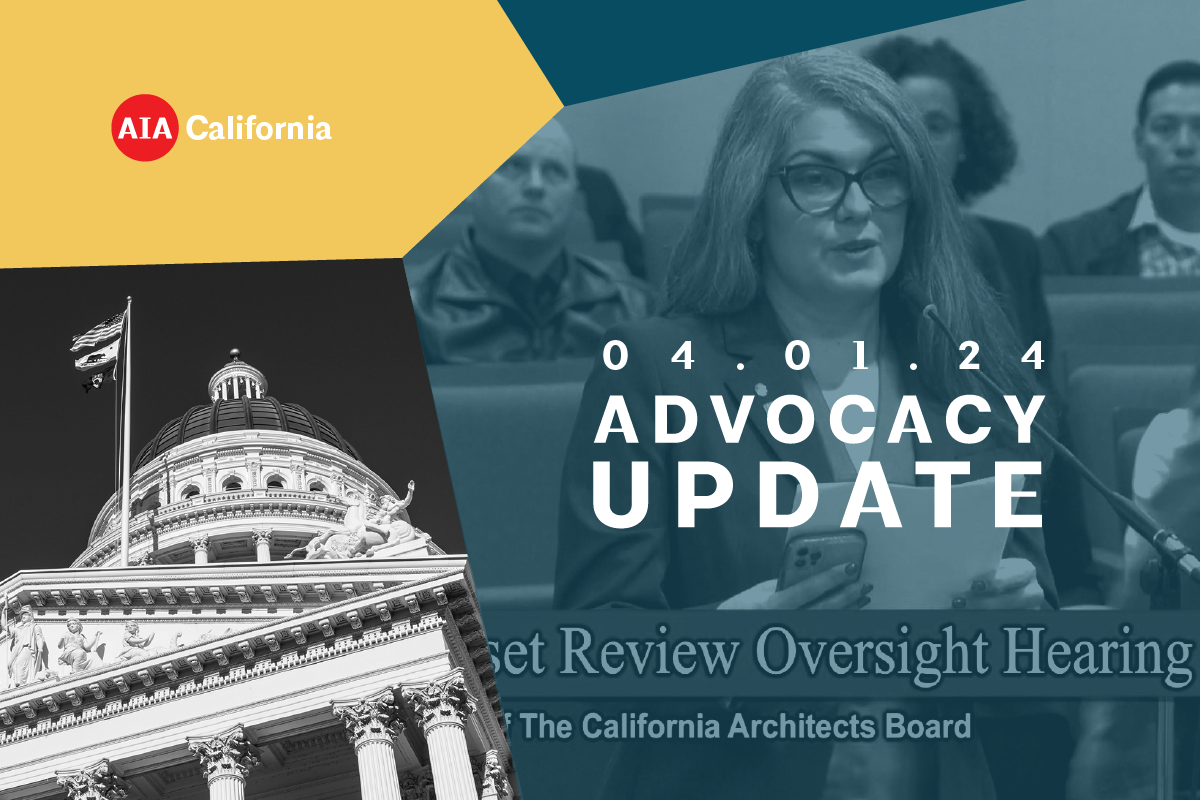
Did you know that the statute that establishes every board and bureau under the Department of Consumer Affairs (DCA) sunsets (expires) and must be renewed by legislation? This sunset review process is overseen by the Assembly Business and Professions Committee and the Senate Business, Professions, and Economic Development Committee.
The DCA boards and bureaus are responsible for protecting consumers and the public and regulating the professionals they license. The sunset review process provides an opportunity for the DCA, the Legislature, the boards, and interested parties and stakeholders to discuss the performance of the boards and make recommendations for improvements.
The process starts with each board or bureau submitting a report to the legislative committees detailing their operations and identifying issues or opportunities for improvements. The Assembly Business and Professions Committee and the Senate Business, Professions, and Economic Development Committee then write their own background papers where they also identify areas for improvement and questions that need to be answered. They then hold a joint hearing where the board gives a verbal update, the committee members can ask questions of the board, and stakeholders can weigh in on issues of importance to them.
Every board and bureau is on its own timeline. The California Architects Board last sunset in 2019 and is up for sunset review again this year. AIA CA has been actively engaged at every step of the process, providing input and feedback. Earlier this month, First Vice President/President-Elect Carina Mills traveled to Sacramento to testify on behalf of AIA CA at the Capitol at the joint hearing.
All of these discussions will culminate into one piece of legislation that will move through the legislative process and get voted on by members of both houses of the legislature before going to the Governor for signature and ultimately becoming law, thus renewing the authority for CAB to continue to operate until the next sunset.
Results from this process could lead to more streamlined processes, better protections for the public and the profession, and improvements for those entering the profession.